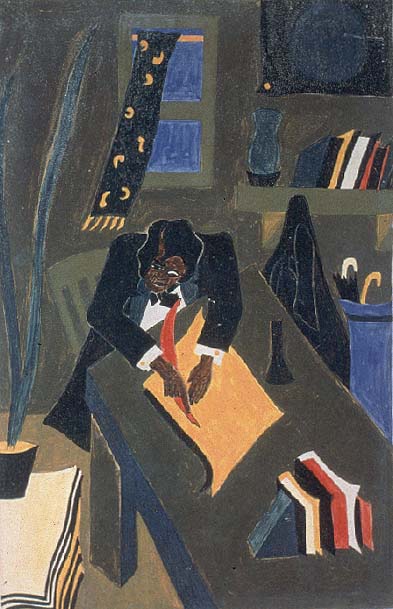
Composition and Communication
Dr. Meehan
Workshop Expectations
The underlying mission of this course, informing how I will teach and how we will approach the various objectives listed on the syllabus, can be summed up in the following words: to guide my students in learning to become more effective, powerful and confident users and creators of their language, both written and spoken, in their studies at Morningside and in their lives beyond. This mission is based upon several, related assumptions that I have formed in my experience as a writer and a teacher of writing and language: that language is a creative (and fluid) medium for expression and learning; that the power of language is discovered by the learner, not memorized; that the discovery process implies the need for both guidance and experimentation, the taking of educated risks. This is what we will do in the workshop environment of this course. [for more on these assumptions and practices for learning language and writing, visit the NCTE guidelines:
http://www.ncte.org/about/over/positions/category/write/118876.htm]
Think of Frederick Douglass; he learns and enacts the power of writing and literacy by risking his very life. For me, the Jacob Lawrence paiting (reprinted on the Writing web page) captures in its feeling of urgency this combination of creativity and risk.

With these thoughts in mind, you can expect the work in the course, and during each class, to follow these guidelines:
►A workshop environment. This will likely be a new educational experience to most of you. A workshop means that the class will largely be student-centered; the focus of our discussions and work in class will be determined by the research, reading, and writing that each of you is engaged in at that moment. My role, as a more experienced writer and one who understands best practice for learning language use, is to provide guidance.
Be prepared to present to the class your work in progress: this means at different times of a writing workshop or discussion of reading/research, you will be expected to articulate where you are in the process, what problems you are encountering with the writing or research, what kind of feedback you need from the rest of us.
During workshops, you will be working with peers in giving their work the kind of peer response and feedback that we need as writers.
These features of the workshop will all count toward your overall evaluation in the course: specifically, they will figure in to your participation and informal speech grades.
►Applied readings. Anytime that reading is due for a class you should be prepared to have a quiz on that reading assignment. These quizzes will emphasize two things: your ability to demonstrate that you have done the reading as expected; your ability to demonstrate that you can apply ideas from the reading to your own writing and research. This means that I donít expect or want you to have memorized the reading assignment (will not be asking you to recite it back to me); rather, this means that I expect you to have read the texts and begun to think about ways you can apply its ideas and lessons to your ongoing work.
►Media inquiry. We are exploring three types of media throughout the course: music, image, and the hypertext (the web). As we explore these, I will be presenting ideas and examples of issues and characteristics of these media. I will expect you to bring in your own thoughts and ideas about these media in your journal responses and in group and class discussions. As we are learning about the power of our own communication, we will see what we can learn from these three media of communication.
►Skill builders. We learn to write and communicate more effectively through experimentation. This feature of the class will give you the chance to take a lesson from one of the skills texts we have in the course and to practice it by applying it to your own work. As you read and make use of these texts, I encourage you to do the same: make practical applications based upon the needs you have with your writing or speech. In this same spirit, I will expect each of you to make use of the Guide to Grammar and Writing site I have posted (one of the best I have seen) and to keep track in your journal of the issues you encounter with the writing process and with mechanics such as citation format, grammar and usage.